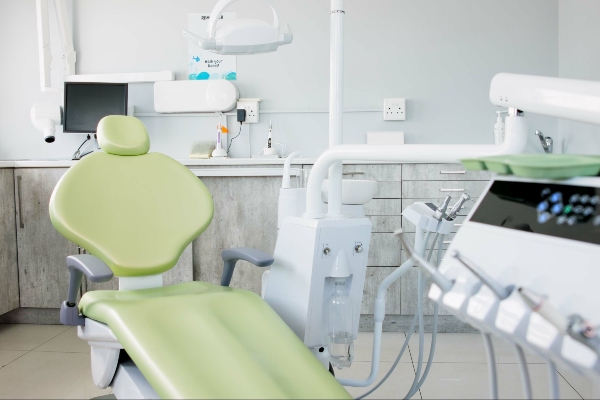 There are many reasons why bleeding gums may occur. If it only happens once in a while, it is typically not cause for concern. Gums can bleed because of brushing or flossing that is overly vigorous. If bleeding is an ongoing occurrence, however, there may be an underlying medical or dental condition causing it. The patient should seek treatment as soon as possible.
There are many reasons why bleeding gums may occur. If it only happens once in a while, it is typically not cause for concern. Gums can bleed because of brushing or flossing that is overly vigorous. If bleeding is an ongoing occurrence, however, there may be an underlying medical or dental condition causing it. The patient should seek treatment as soon as possible.
What causes bleeding gums
In many cases, a dental issue causes the gums to bleed. However, sometimes the underlying cause is a medical condition of which bleeding gums are secondary.
Oral health causes
When the gums bleed, it is often a sign of issues with dental care leading to conditions such as gingivitis or periodontitis. Gingiva is the medical term for the gums, and gingivitis is the name given to gums that are irritated and inflamed. In addition to bleeding, gingivitis can also cause pain and swelling of the gums. It typically occurs in cases of poor dental hygiene when bacteria and food debris form plaque that sticks to the teeth. If allowed to remain on the gum line instead of being brushed away, plaque can cause gingivitis.
If gingivitis is allowed to advance, it can develop into periodontitis, which affects not only the gums but the supportive tissues that connect gums and teeth, as well as the jawbone. An advanced periodontitis infection can cause tooth loss. Another dental cause of bleeding gums is wearing dentures that fit too tightly.
Other causes
Certain medical conditions or treatments can cause gums to bleed:
- Anticoagulant medication
- Bleeding disorders, e.g., leukemia or hemophilia
- Pregnancy
- Deficiencies of vitamins C or K
What to do about bleeding gums
If the cause is an underlying medical problem, then treating that issue should resolve the oral bleeding. For example, if the bleeding is due to pregnancy, it should resolve after the baby's birth, and if it is a vitamin deficiency, supplements may help.
If the cause is related to dental health, the first thing to do is to see a dentist for recommendations. Patients who wear dentures may benefit from adjustments so the appliance fits better without irritating the gums. Other patients should practice good oral hygiene by flossing daily and brushing twice daily. Regular dental cleanings twice a year can help prevent the plaque buildup that leads to gingivitis.
An electric toothbrush may be preferable to a manual one, as many models are specifically designed for cleaning the gumline. Regardless of whether the toothbrush is manual or electric, it should have soft bristles to avoid irritating the gums further. Rinsing the mouth with an antibacterial solution, such as saltwater or hydrogen peroxide, may help to reduce bacteria that cause gums to bleed. Patients who rinse with these solutions should be careful not to swallow.
Conclusion
Frequently bleeding gums may be a sign of a more serious problem. A dentist can determine whether the cause is dental in nature and suggest effective treatment options.
Request an appointment or call Founders Dental at 720-893-7362 for an appointment in our Castle Rock office.
Recent Posts
Gum disease treatment remains a cornerstone in modern dentistry and aims to preserve healthy gums, teeth, and underlying bone structure. This comprehensive approach protects oral health and prevents tooth loss by addressing plaque buildup and inflammation. Gum disease develops when plaque bacteria irritate the gum tissues, creating redness, swelling, and, if unchecked, progressive damage to…
Gum disease treatment plays a crucial role in maintaining oral health and preventing long-term dental complications. Dentists provide comprehensive care to address the symptoms of gum disease and restore gum tissue to optimal health. Here are five key benefits of seeking gum disease treatment from a professional dentist.Gum disease, particularly in its advanced stages, is…
Gum disease is very common in the United States, which often leads many to believe it is not as serious of a concern as it actually is. However, gum disease should be taken seriously, and learning more about it can help you determine why it is important to treat and prevent gum disease in order…


